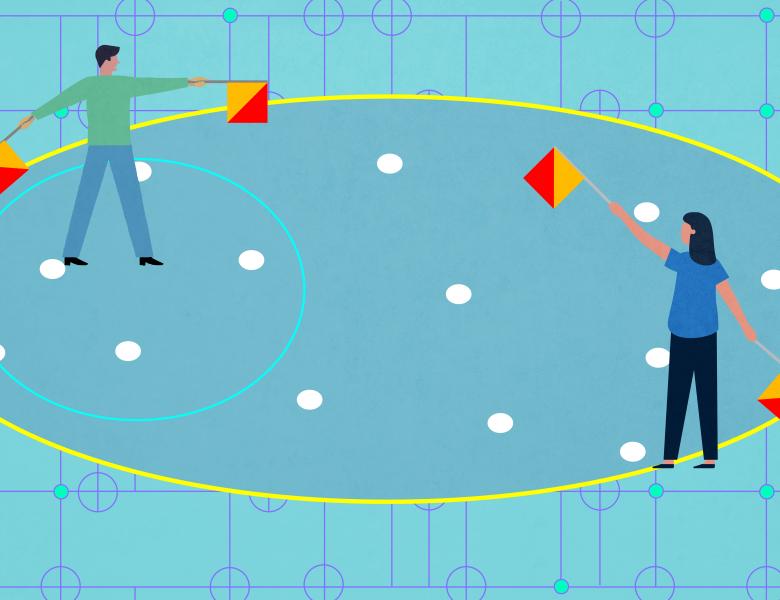
Abstract
A non-adaptive quantitative group testing (GT) scheme based on sparse codes-on-graphs in combination with low-complexity peeling decoding was introduced and analyzed by Karimi et al.. In this work, we propose a variant of this scheme based on low-density parity-check codes where the BCH codes at the constraint nodes are replaced by simple single parity-check codes. Furthermore, we apply spatial coupling to both GT schemes, perform a density evolution analysis, and compare their performance with and without coupling. Our analysis shows that both schemes improve with increasing coupling memory, and for all considered cases, it is observed that the LDPC code-based scheme substantially outperforms the original scheme. Simulation results for finite block length confirm the asymptotic density evolution thresholds.


